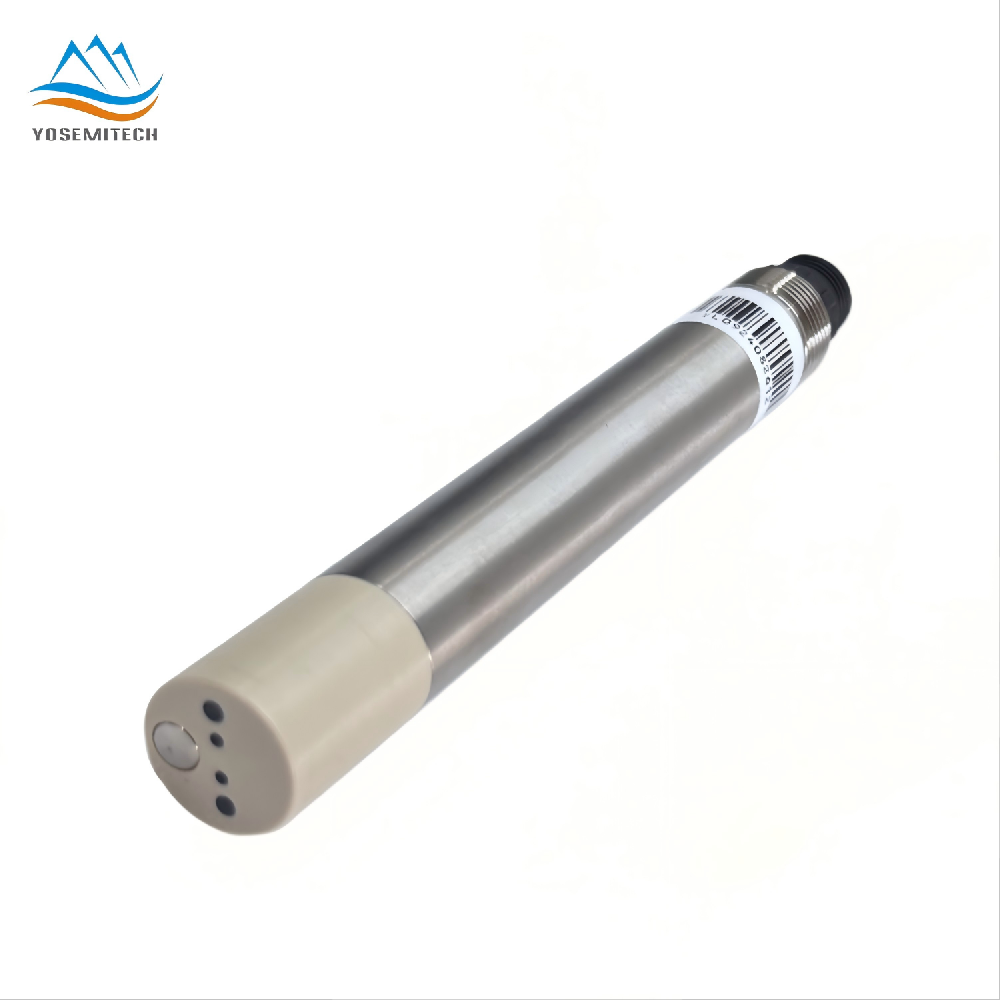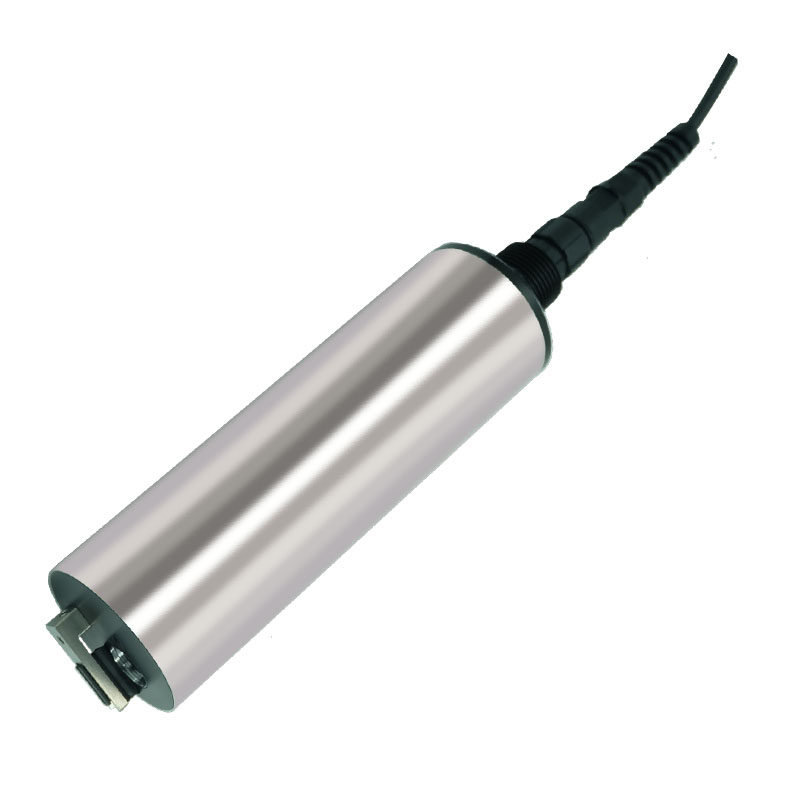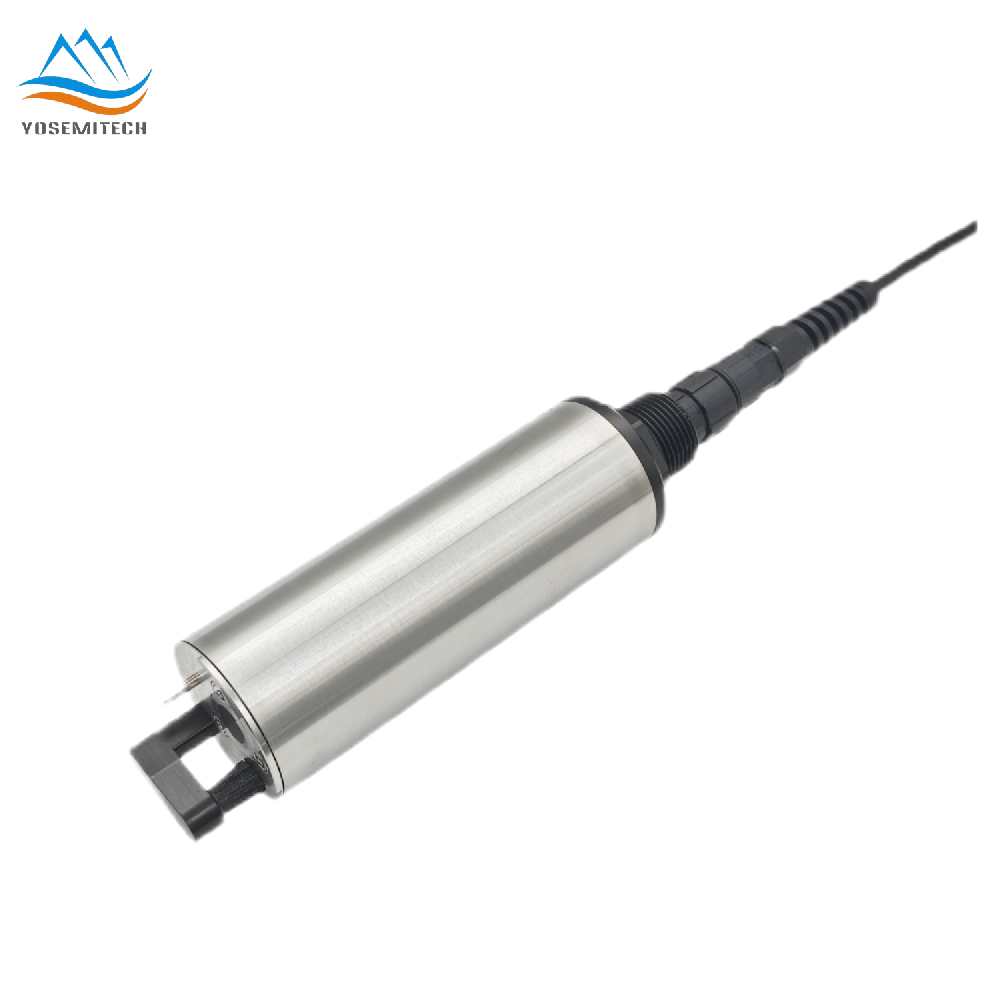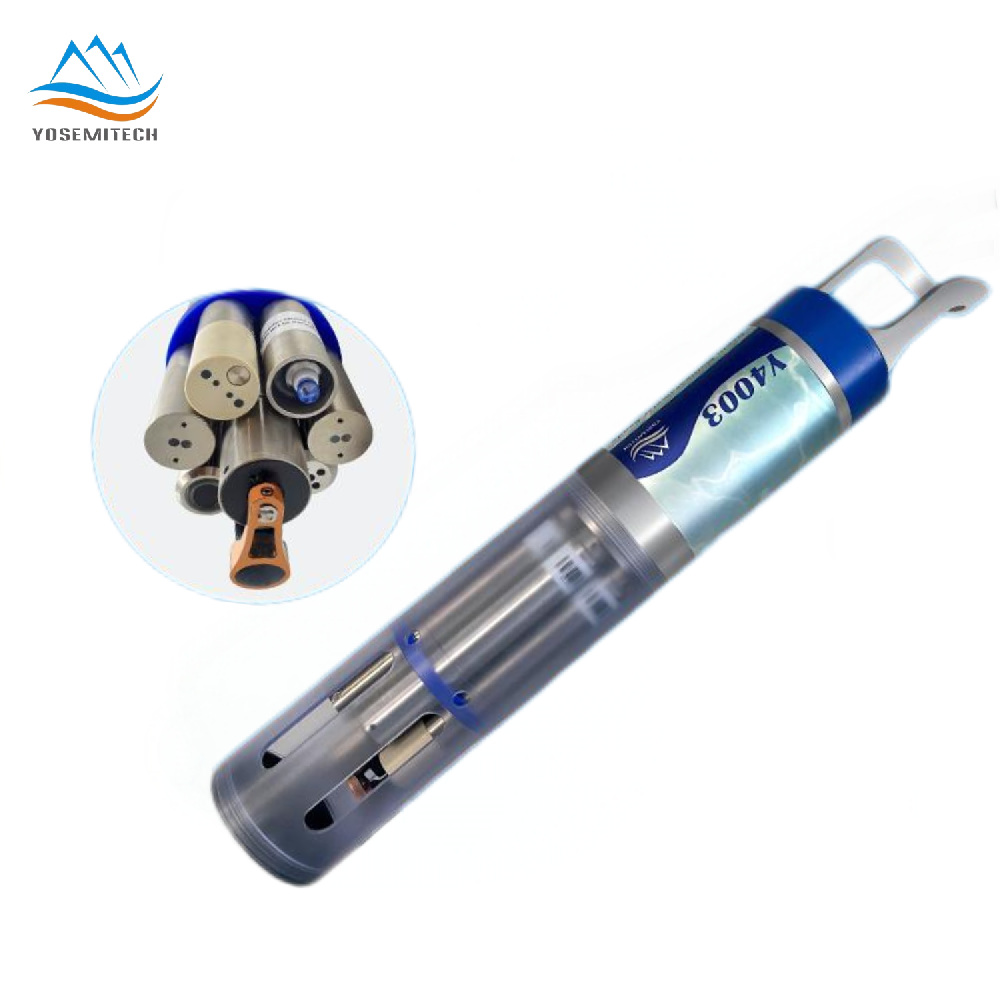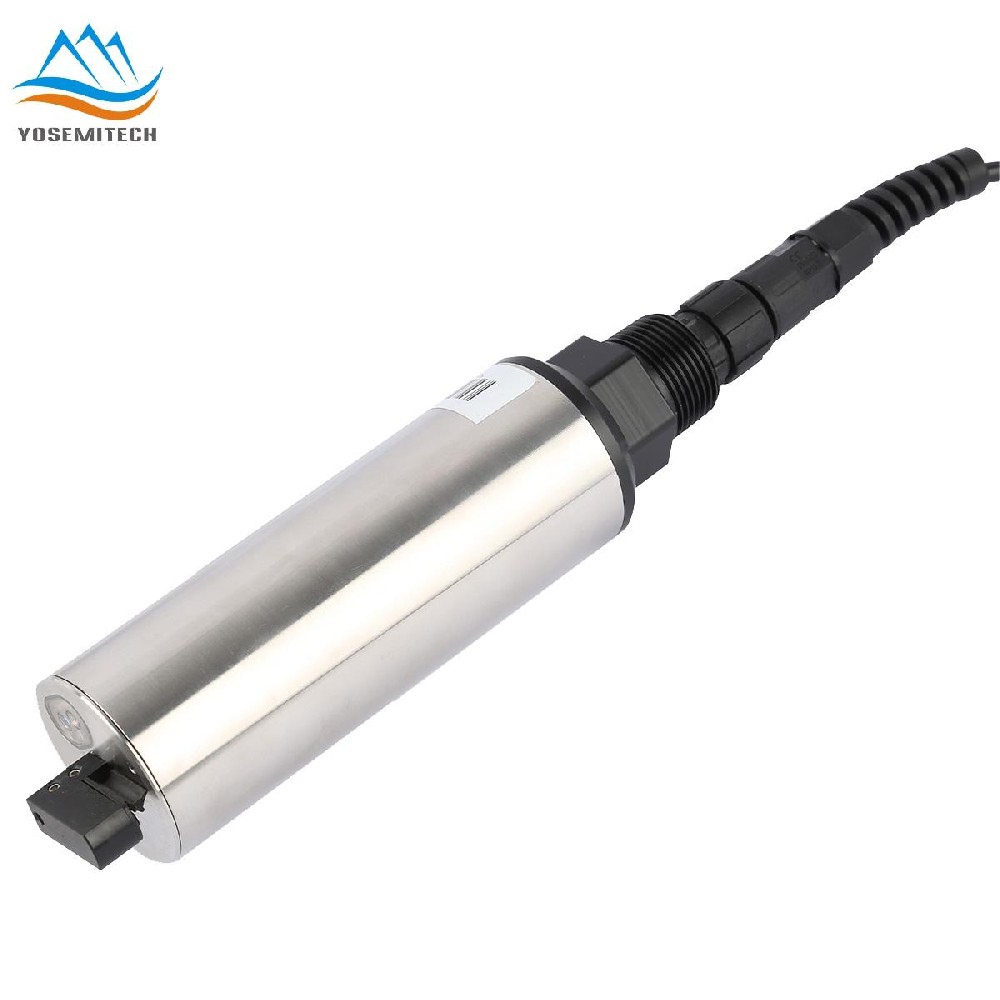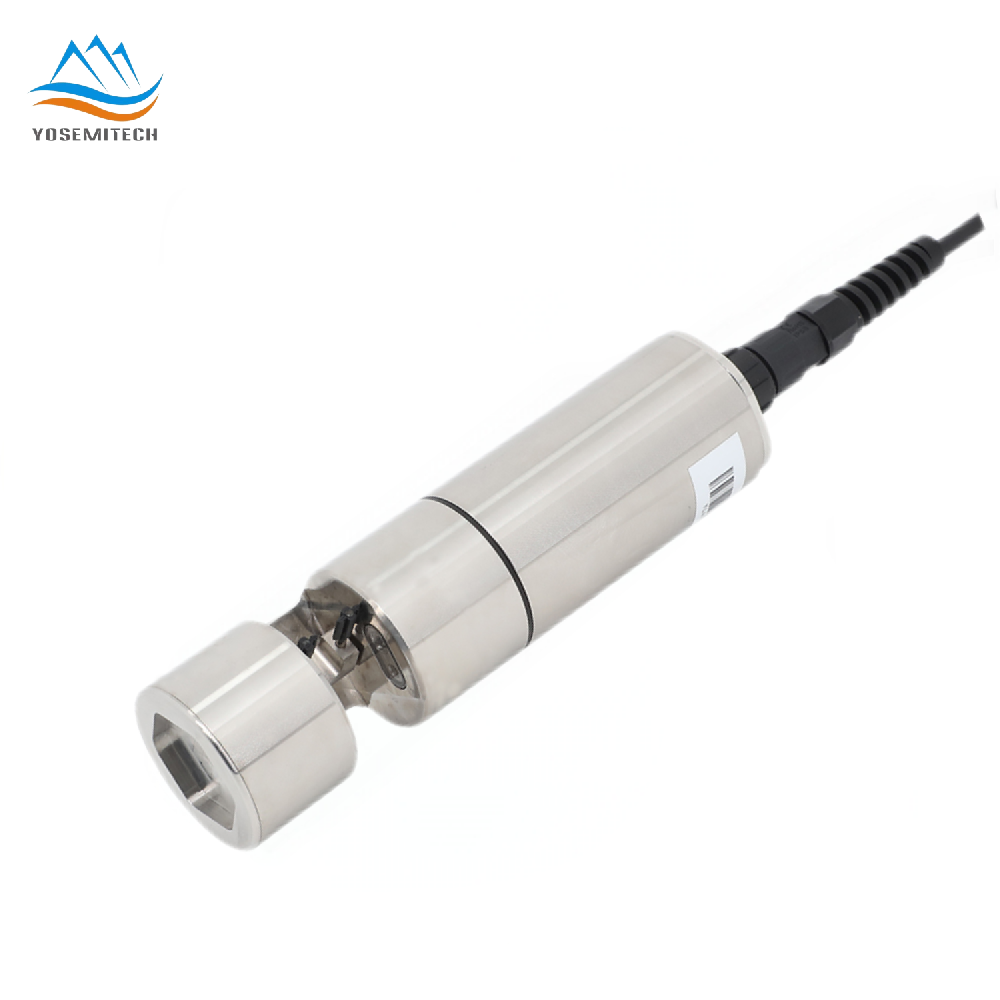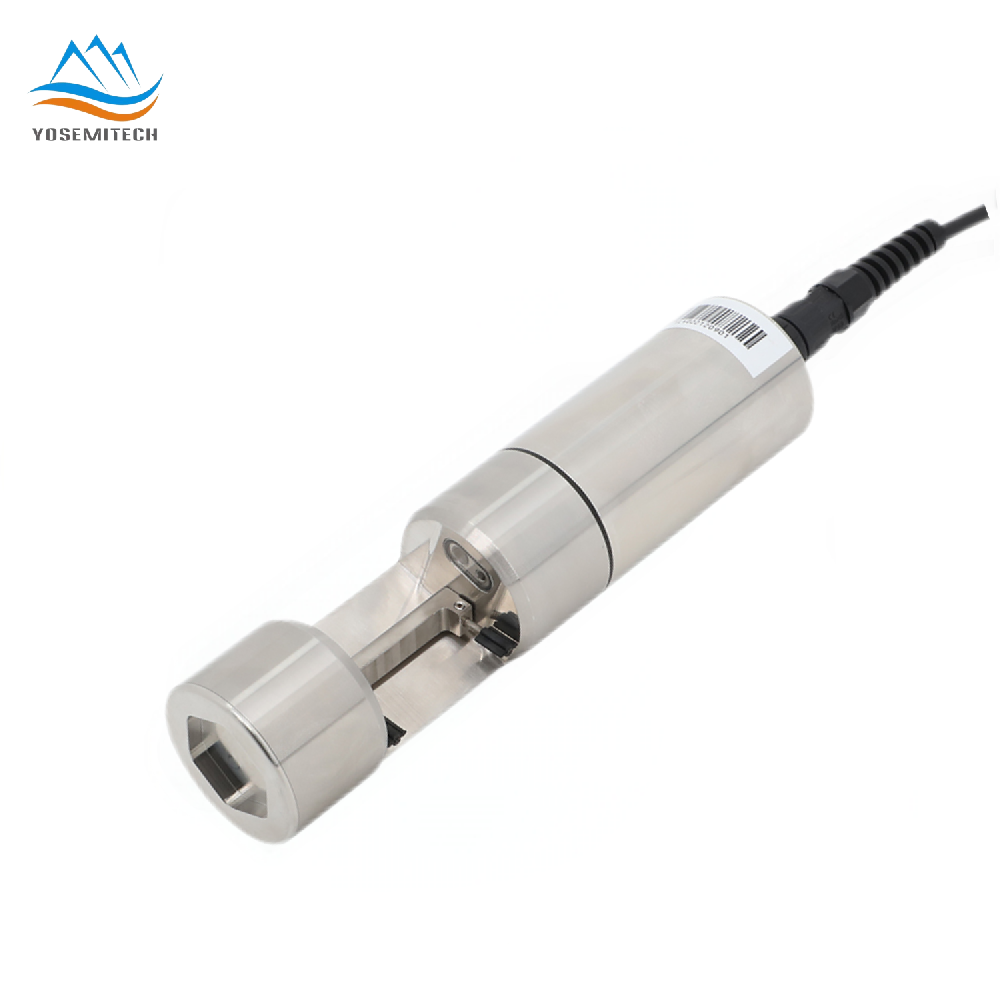Industry news
What is Color Sensor?
Writer: admin Time:2024-07-02 14:08:37 Browse:1419℃
A color sensor for drinking water, often known as a water colorimeter or spectrophotometer, is a device that measures the color of water. This measurement can provide useful information regarding the quality of the water and the presence of specific pollutants.
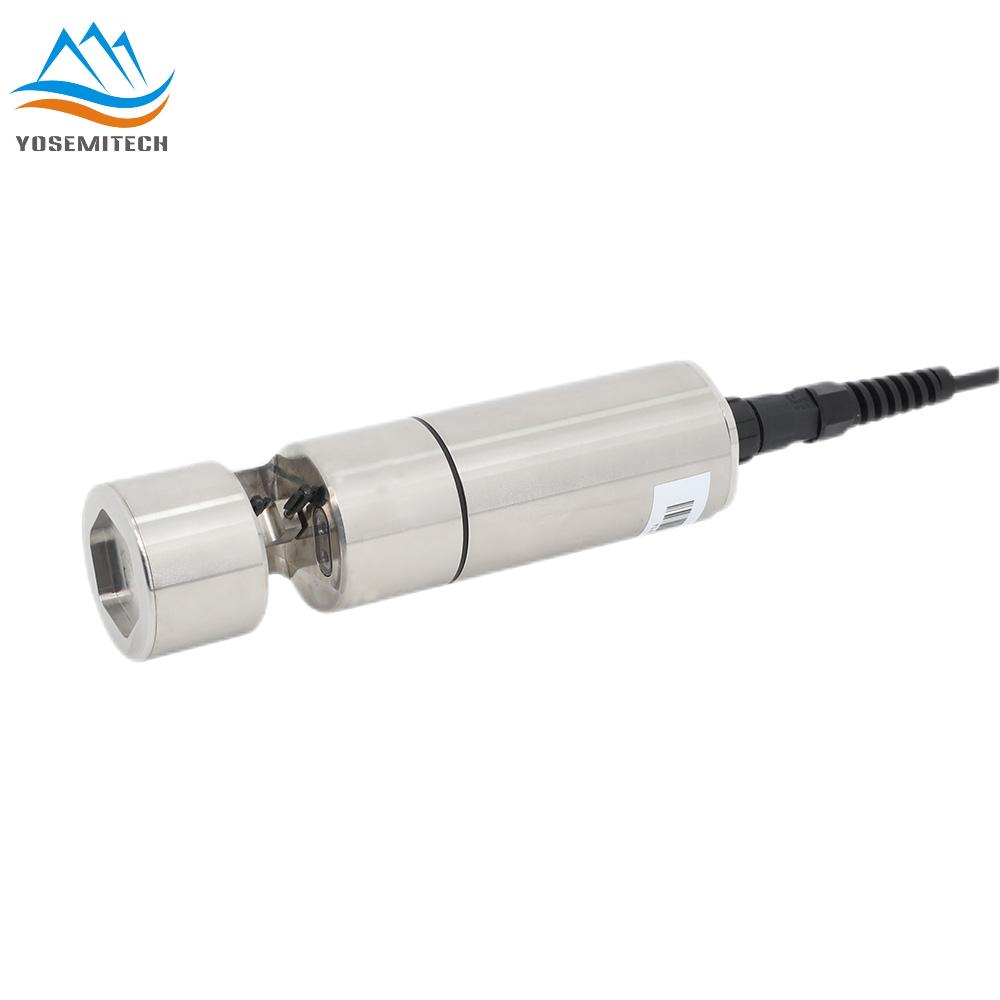
Y531-A Self-Cleaning Color Sensor-Yosemite Technologies Co., Ltd_UV254 COD, ODO,pH (yosemitech.com)
Color sensors measure color intensity in water samples. They can detect the presence of things that may produce color changes, such as organic compounds, certain chemicals, and metals.
The sensor operates by sending light through the water sample and detecting the absorption or transmission of certain wavelengths of light.
Applications:
Water Quality Monitoring: Used by water treatment facilities to ensure water meets safety and quality standards.
Environmental Monitoring: Helps in detecting pollution levels in rivers, lakes, and reservoirs.
Industrial Processes: Used in various industries to monitor the quality of water used in processes and effluent discharged.
Types of Measurement:
Turbidity refers to the cloudiness or haziness of water caused by a large number of individual particles.
Colorimetric Analysis: Determines the concentration of certain compounds that induce color changes in water.
Importance:
Ensuring Safe Drinking Water: Assists in the detection of toxins that can harm human health.
Regulatory Compliance: Helps water suppliers comply with water quality regulations.
Environmental Protection: Helps monitor environmental water bodies to protect ecosystems.
By using these devices, water quality professionals can ensure that the water is safe for consumption and meets the required standards.
CATEGORIES
CONTACT US
Yosemitech Technologies Co., Ltd
 +86 19984844080
+86 19984844080
 sales@yosemitech.com
sales@yosemitech.com
 Bldg,25,CECEP Industrial Park, No. 18 Dongchang Rd. Suzhou Industrial Park, Jiangsu Province,China 215126, China
Bldg,25,CECEP Industrial Park, No. 18 Dongchang Rd. Suzhou Industrial Park, Jiangsu Province,China 215126, China
